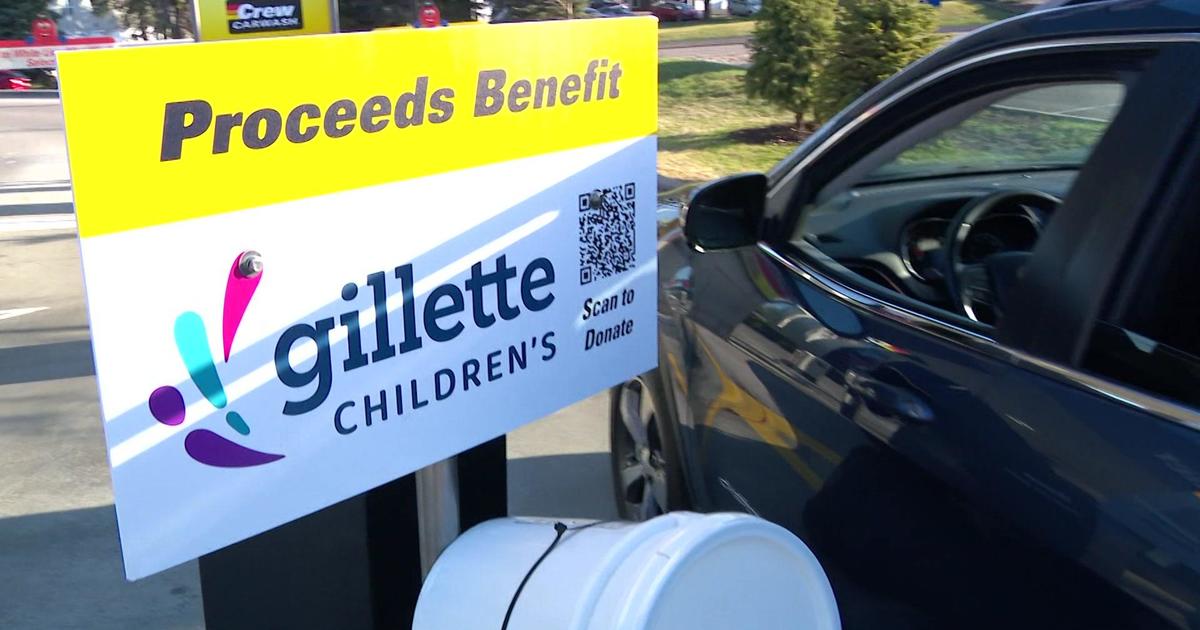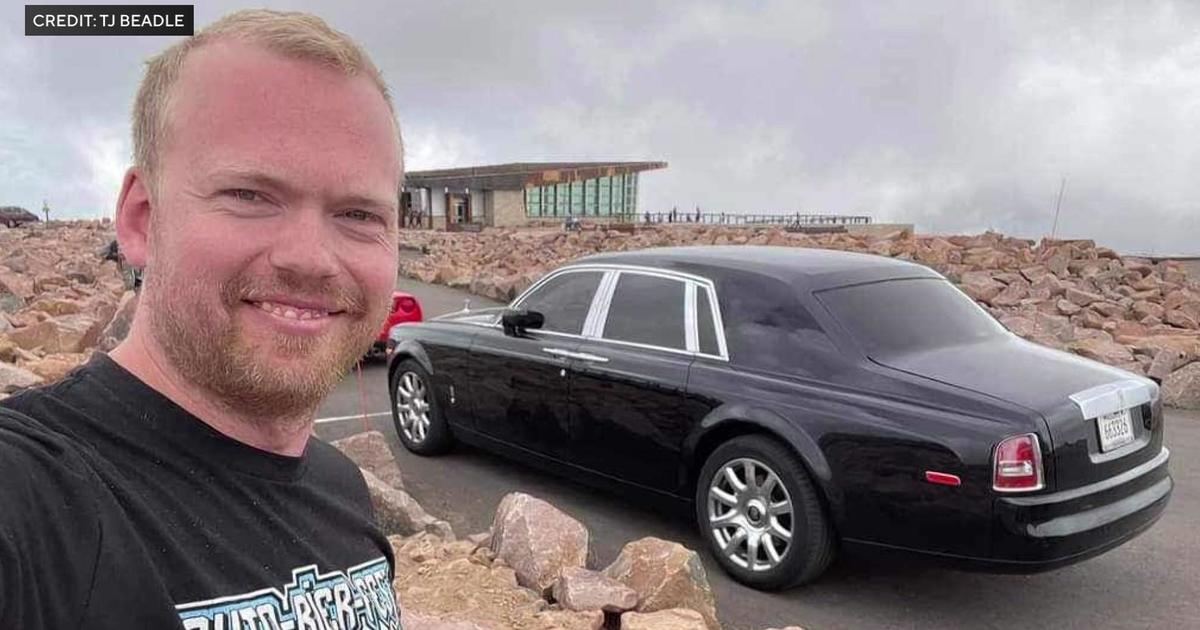Dayton Draws Minn. Tax Debate Into Sharper Focus
ST. PAUL, Minn. (AP) — Gov. Mark Dayton on Thursday set up the clear-cut tax debate his aides say he's always craved, demanding that Minnesota's best-off residents pay higher income taxes to boost spending on education and other services.
Dayton released an updated budget plan that leans heavily on a new income tax rate levied on the top 2 percent of annual earners, extracting $1.1 billion in the next two years from an estimated 54,000 filers. The money would help erase a $627 million budget shortfall, bolster preschool through college education and stock loan and grant funds for business expansions.
In all, the Democratic governor is seeking more than $1.8 billion in previously proposed new taxes, including a higher cigarette tax and extra burdens on Minnesota companies that can now shield profits they make overseas.
"Just saying no to tax increases is not a budget plan and is not responsible," Dayton said.
The top-tier income tax was a centerpiece of Dayton's 2010 run for governor, but he wound up backing away from it to end a budget stalemate with Republicans in 2011. Now with Democrats in charge of the Legislature, Dayton stands to get his wish.
Dayton's two-year budget plan unveiled in January had also included a sales tax expansion that would have yielded more money that he was planning to use to compensate for property tax rebates and other tax code revisions. Dayton began rewriting the budget after a state economic forecast trimmed Minnesota's projected deficit by more than 40 percent, and he officially ditched the sales tax plan Thursday.
Dayton left his income tax plan intact. Under it, taxable income above $250,000 for couples and $150,000 for single filers would be assessed at a 9.85 percent rate, much more than the 7.85 percent current top rate. Officials say that translates, for instance, into gross incomes in excess of $306,000 for a married couple with two children given deductions. Some businesses that file their returns through the personal income tax would be affected.
Dayton points to tax studies that show the richest pay a smaller percentage of their incomes in state and local taxes.
"We're still pulling ourselves out of this deep hole and we need the wealthiest to help get us out of it," he said.
A recent Star Tribune poll of 800 Minnesota adults showed 54 percent favored the Dayton income tax proposal. The same poll, which carried a margin of sampling error of 3.5 percentage points, found widespread disapproval for the sales tax expansion.
Republicans, far outnumbered in the Legislature, said public outrage stopped the sales tax proposal and they hope the same will doom the income tax.
"We didn't have the votes to stop the sales taxes and the business-to-business taxes, "said Senate Minority Leader David Hann, R-Eden Prairie. "So I think it's time for the people of Minnesota to weigh in on all the taxes and just ask the question, 'Do you need high taxes to grow the economy?' We don't believe so."
Over the years, Democrats have voted repeatedly on proposals to slap higher taxes on the wealthy. They have been more supportive of that element of Dayton's budget than the sales tax proposal he later abandoned.
Senate Majority Leader Tom Bakk, DFL-Cook, said a higher income tax on top earners is a near certainty, with some possible changes to who falls into that category and what rate they pay.
"When Minnesota voters gave him a Democratic Legislature, that die was cast," he said, adding, "Something very similar to what he proposed is going to land on his desk."
Bakk said some new sales taxes could still wind up in the Senate's budget. He said senators are looking at taxes on digital goods such as Internet music purchases, body piercing, tattoos and cosmetic surgery.
House Speaker Paul Thissen, DFL-Minneapolis, echoed said his counterpart on the income tax, showing a path to the session's end game.
"What we're going to be using it for is something Minnesotans really want and that's investment in education in this state, something we have been falling behind on," Thissen said.
The House and Senate Democratic leaders will release their own budget framework next week. House Minority Leader Kurt Daudt of Crown said Republicans haven't decided whether they will present a detailed alternative.
"Right now we hope that we can still roll up our sleeves and work with the Democrats to come up with a bipartisan budget, but we think this one falls short of that," Daudt said.
Like Dayton's initial two-year, $38 billion proposal, the bulk of the new spending would flow to education He recommends making all-day kindergarten more widely available, increasing the basic per-pupil allowance for schools and supplying public colleges with their first state aid increases in years.
Dayton doesn't move to rapidly pay off past IOUs to schools; the state deferred aid to districts in an accounting maneuver to shrink prior deficits and still owes them more than $800 million. Top House Democrats have said they want to fully address the back pay sooner.
Another major change to Dayton's budget is on the property tax side. Dayton removed his call for a $500 per homeowner property tax rebate. But he added more money to a program that gives tax breaks to many renters. He said he would push to fully fund a program that provides income-based property tax refunds for homeowners.
(© Copyright 2013 The Associated Press. All Rights Reserved. This material may not be published, broadcast, rewritten or redistributed.)



